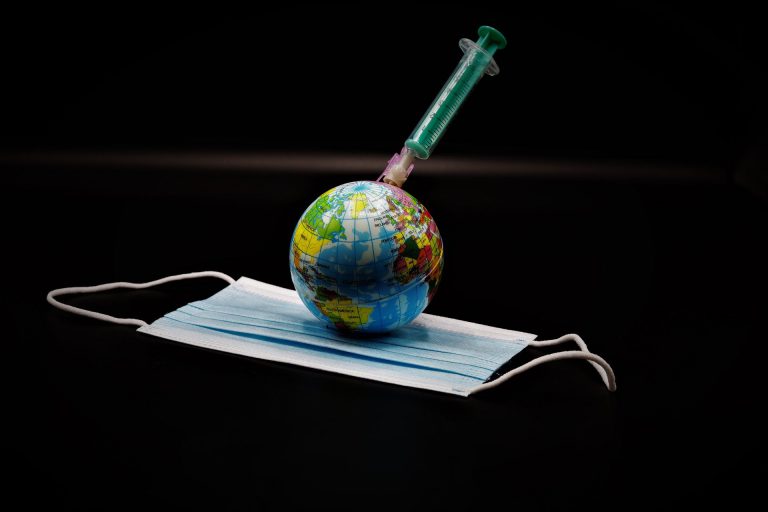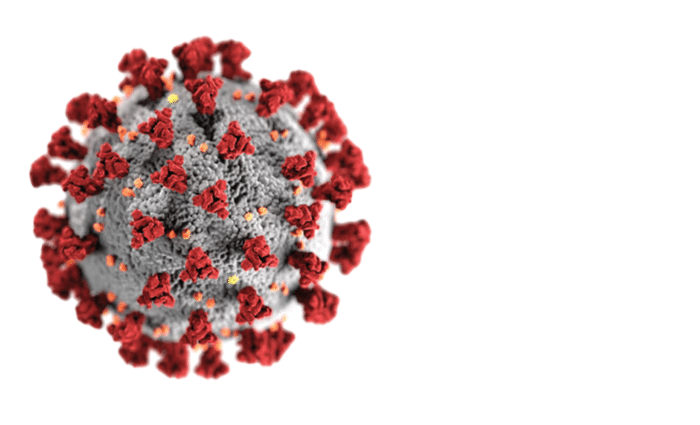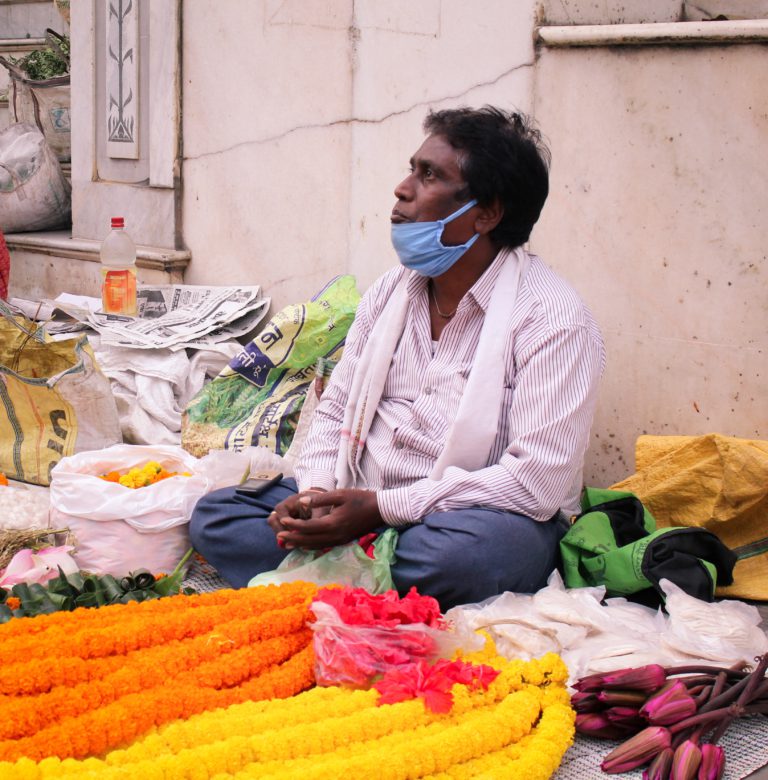Why a COVID-19 Vaccine is Especially Important For Diabetics
The question on everybody´s lips since the outbreak of the Coronavirus is how long it will take to make a COVID-19 vaccine. Millions of people around the world have already been infected by the novel Coronavirus, often with devastating consequences. As we have reported in our previous blogs, people with diabetes may be more vulnerable to COVID-19 and need to take special care. Although lockdown is slowly being eased in many countries, there are real concerns that a second wave of infections can be expected. Getting a vaccine to protect us against the coronavirus before the second wave hits is of paramount importance to save lives.
The Coronavirus spreads easily, and the majority of the world’s population is still vulnerable to it. A vaccine would provide some protection by training people’s immune systems to fight the virus. This would allow lockdowns to be lifted more safely, and social distancing to be relaxed.
Research is happening at breakneck speed. A vaccine would normally take years, if not decades, to develop. Currently there are about 80 groups around the world researching vaccines and some are now entering clinical trials. The work on a new COVID-19 vaccine is using newer, and less tested, approaches called “plug and play” vaccines. Because we know the genetic code of the Coronavirus (Sars-CoV-2), scientists have the complete blueprint for building it.
Researchers in Oxford University in the United Kingdom have put small sections of its genetic code into a harmless virus that infects chimpanzees. They hope they have developed a safe virus that looks enough like the Coronavirus to produce an immune response. Other groups are using pieces of raw genetic code (either DNA or RNA depending on the approach) which, once injected into the body, should start producing bits of viral proteins which the immune system again can learn to fight.
Most experts think a vaccine is likely to become available by mid-2021, about 12-18 months after the virus first emerged. Others are more optimistic, with some hoping to have a number of doses ready by September. But even when a vaccine is ready, the logistical challenges will be immense on a global scale. There´s a need for billions of doses and they must get to every part of the world as quickly as possible. As Bill Gates put it: “It’s going to require a global cooperative effort like the world has never seen.”
The World Health Organization (WHO) is facilitating collaboration and accelerating efforts to develop and evaluate candidate vaccines on a scale not seen before. It is convening vital communications across the research community and harnessing a broad global coalition. Over 120 vaccines have been proposed across the world and WHO is tracking details in a landscape exercise on their type and progress. WHO has used its global mandate to rapidly convene hundreds of scientists, developers and funders to increase the likelihood that one or more safe and effective vaccines will soon be available to all.
While the scientists at the University of Oxford and other research facilities are optimistic that their work will prove successful, there are no guarantees that an effective or fully-effective vaccine for COVID-19 will ever be found. But what is clear is that if they are able to produce a vaccine within the next 18 months, it would be considered one of the most remarkable pieces of scientific work in history.









